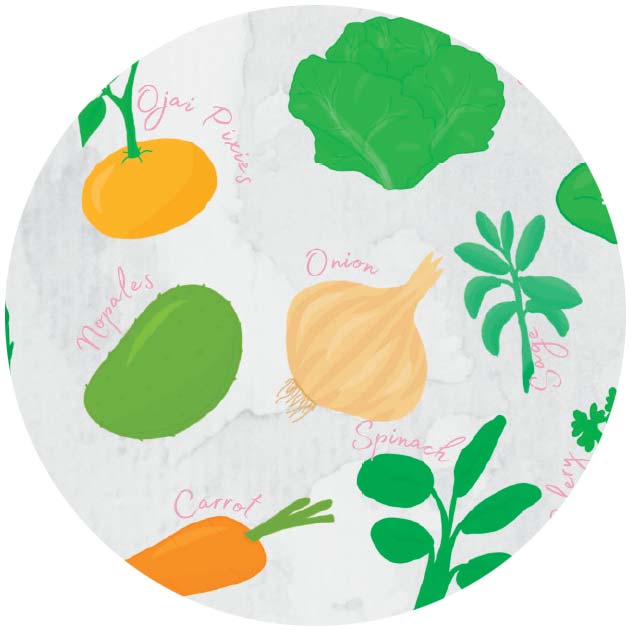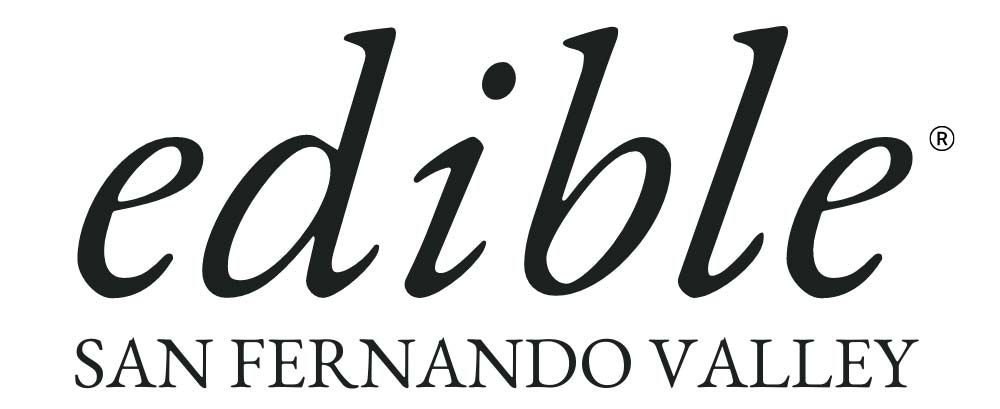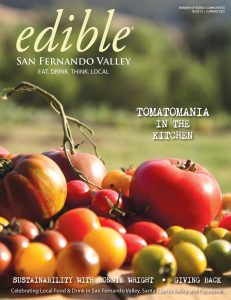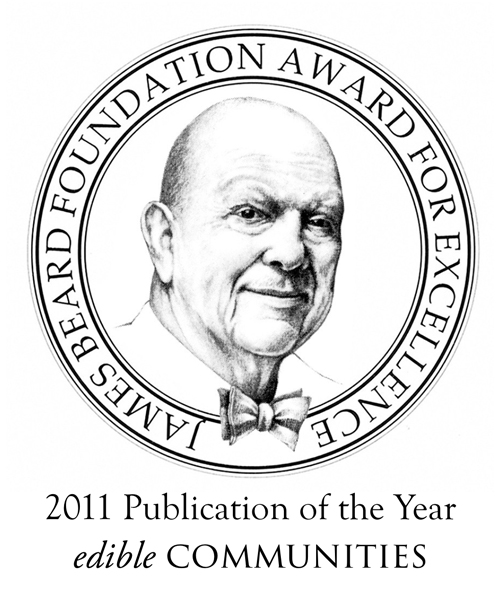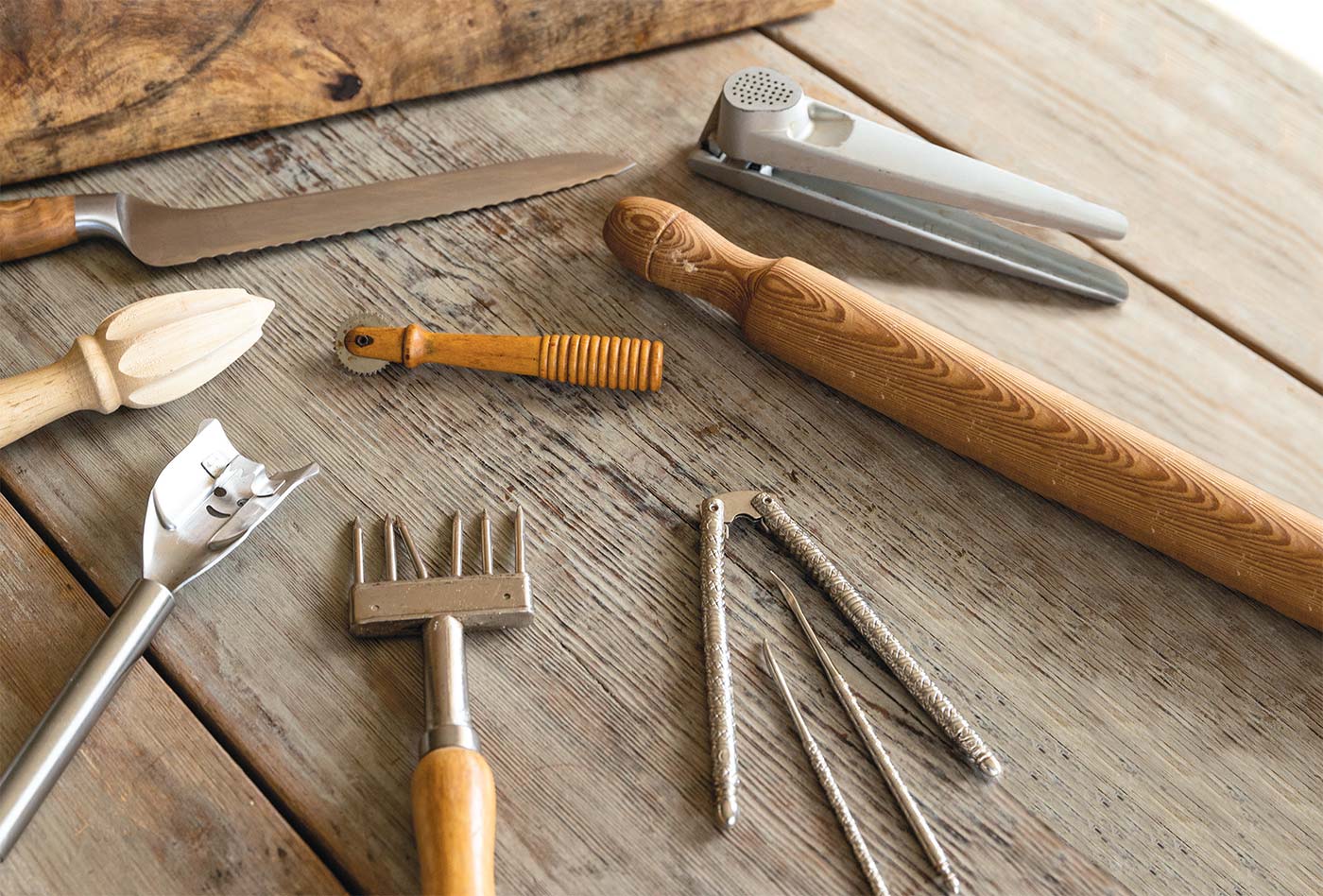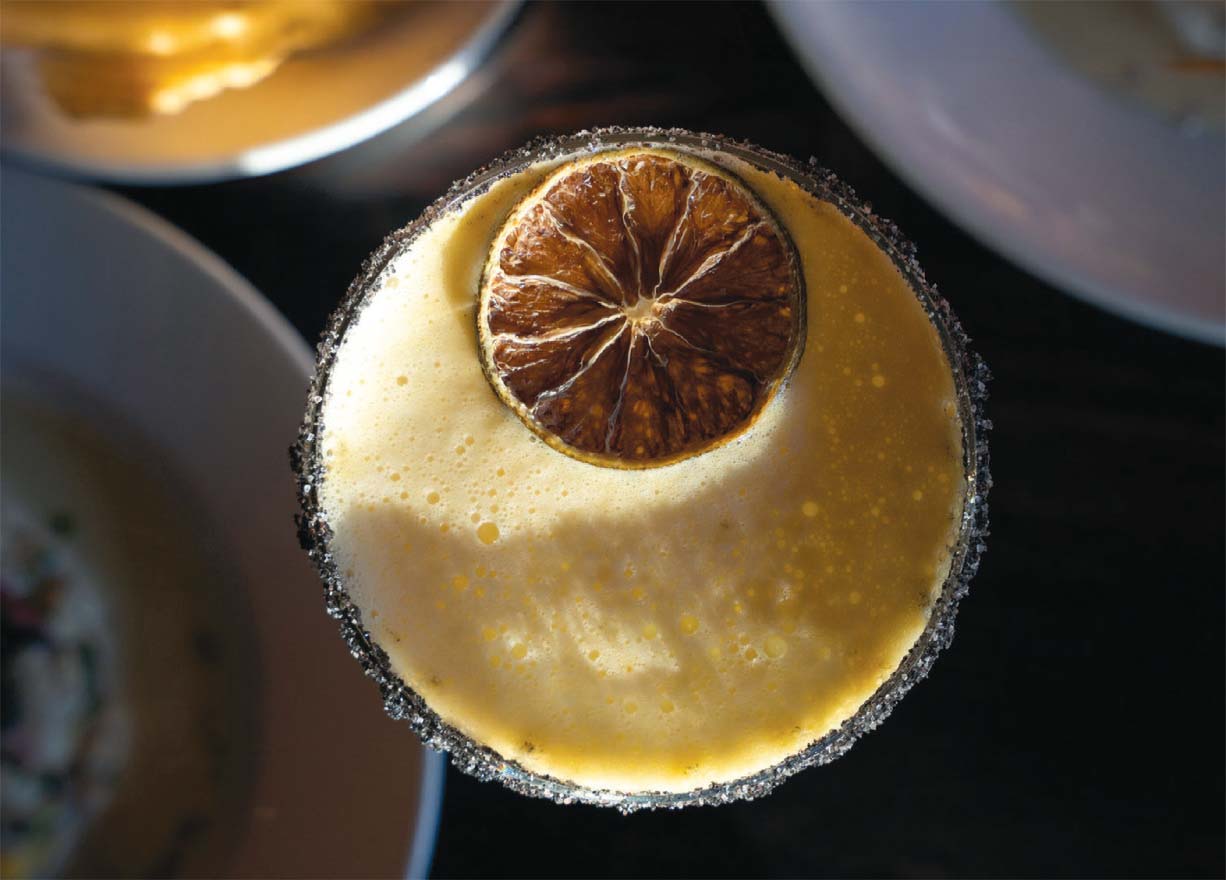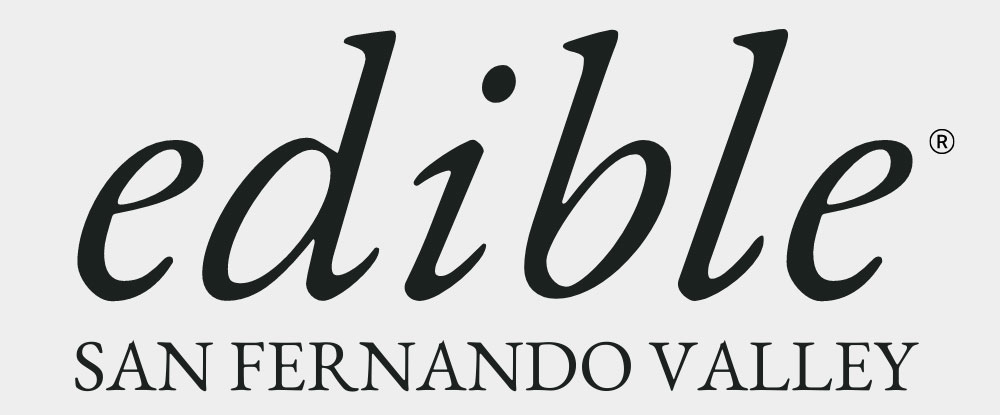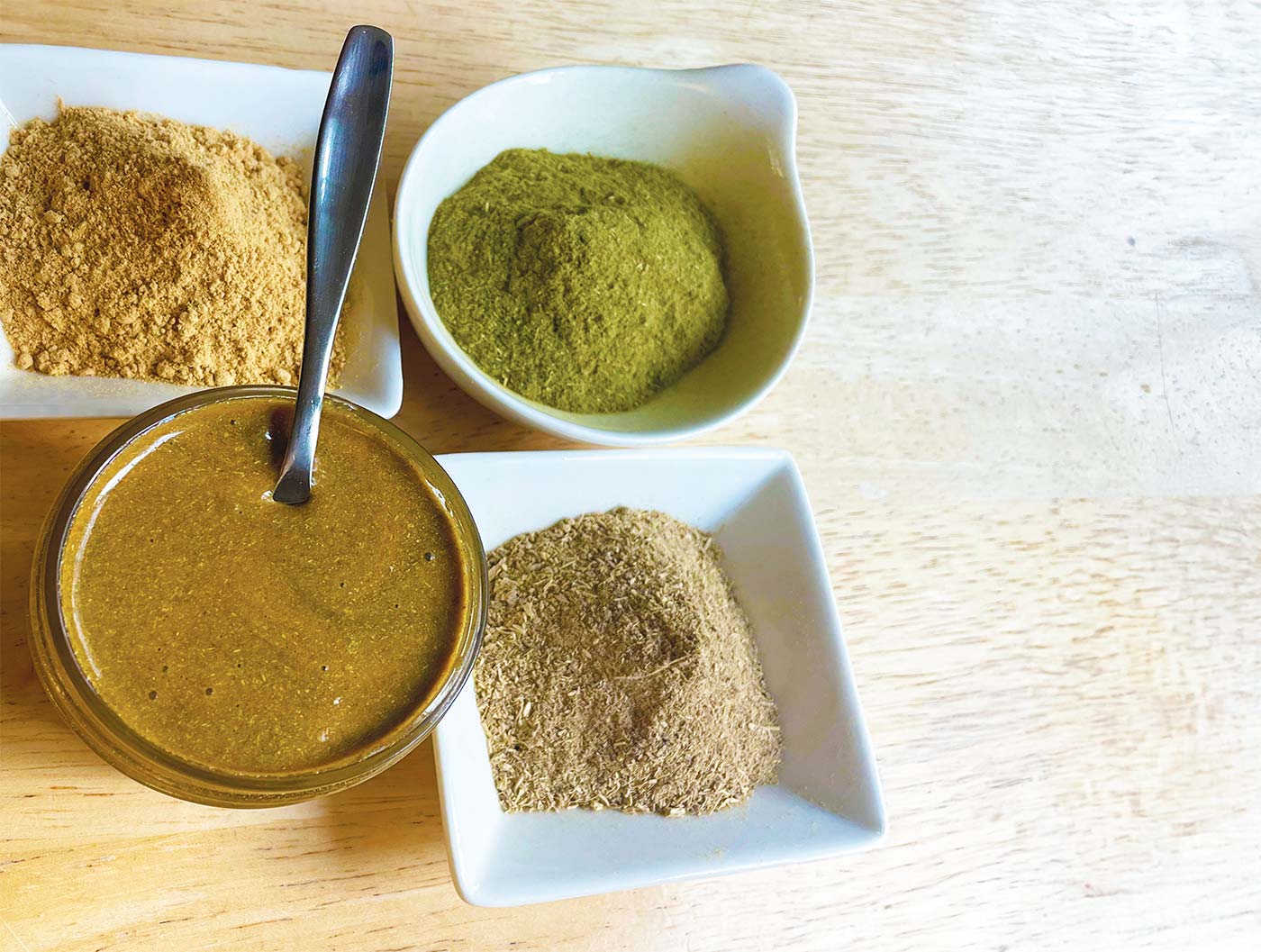
Herbal electuaries are sweet medicine
Bees are a keystone species. This means that other species are largely dependent on them and if bees were removed, the ecosystem would suffer greatly. Our diet would be incredibly and painfully boring if we didn’t have bees. Did you know that one out of every three bites of food we consume is thanks to bees? All pollinators enable us to have real food—fruits, vegetables and nuts—as well as other species across the world. Honey bees alone pollinate 80% of flowering plants.
This brings me to the alchemy of making and enjoying an herbal electuary, which is an herbal honey. Electuaries are said to date back to ancient Arab culture. During the Middle Ages, electuaries were used to treat people who were sick or who were trying to keep up their strength during a long illness.
Today, we still use herbs and honey for nourishment, health, healing and to enhance overall well-being. And they’re delicious. The best part, though, is that herbal electuaries are easy to make and simple to fit into your daily routine or diet.
CREATING AN HERBAL ELECTUARY
There are a lot of electuary recipes, but I have never followed any. I like to see what comes through the moment I sit down with the herbs and the honey. That said, here are a few guidelines to help you get started.
Use organic, raw, local or manuka honey, a honey from Australia or New Zealand that has antioxidant, antimicrobial and anti-proliferative capacities. As a base, honey is rich in nutrients, high in antioxidants, is antiviral and has anti-inflammatory, antibacterial and antimicrobial properties. Add organically grown powdered herbs to the mix and you have even more health benefits.
You can either purchase powdered herbs or use a coffee grinder or high-powered blender to grind your dried herbs into a powder. Put ½ cup of powdered herbs into a two-ounce jar and mix with ¾ cup of honey. You can vary the amount of honey or herbs to suit your taste and your preference for a thicker or thinner mixture.
Lick the spoon; it’s a must. (Well, not really but it’s a nice treat.) Then label the jar and store it in a cool, dark place or refrigerate it. It will keep six to 12 months, depending on the herbs used. I don’t refrigerate my electuary mixtures, but if you choose to and they crystallize, just put the jar in some warm water to melt the crystals. The health benefits of herbal electuaries vary based on the herbs you use to infuse the honey. See the list (opposite page) to learn about some of my favorite herbs to use in an electuary.
I love that this medicine is ready to enjoy immediately. Enjoy a spoonful alone or stir into hot tea or water. You can also spread some on toast, drizzle it over a bowl of oatmeal or add it to a smoothie. The options are almost endless.
As you enjoy your herbal electuary, remember to thank the bees and all the other amazing pollinators and plants for the delicious and medicinal ways they enhance our lives and this world.
Here are Marguerite Nesteruk’s favorite herbs to add to an electuary for their healing properties. These herbs offer many healing properties, but we only included their most prominent use. Nesteruk likes to source herbs from Wild and Tea apothecary in Highland Park.
- Burdock root: Purify the blood
- Chamomile: Relaxation
- Cinnamon: Circulation
- Ginger: Digestion
- Lavender: Calming
- Lemon balm: Anxiety
- Nettle: Nourishment
- Rose: Heart health
- Thyme: Throat health
- Tulsi: Stress release
- Turmeric: Inflammation
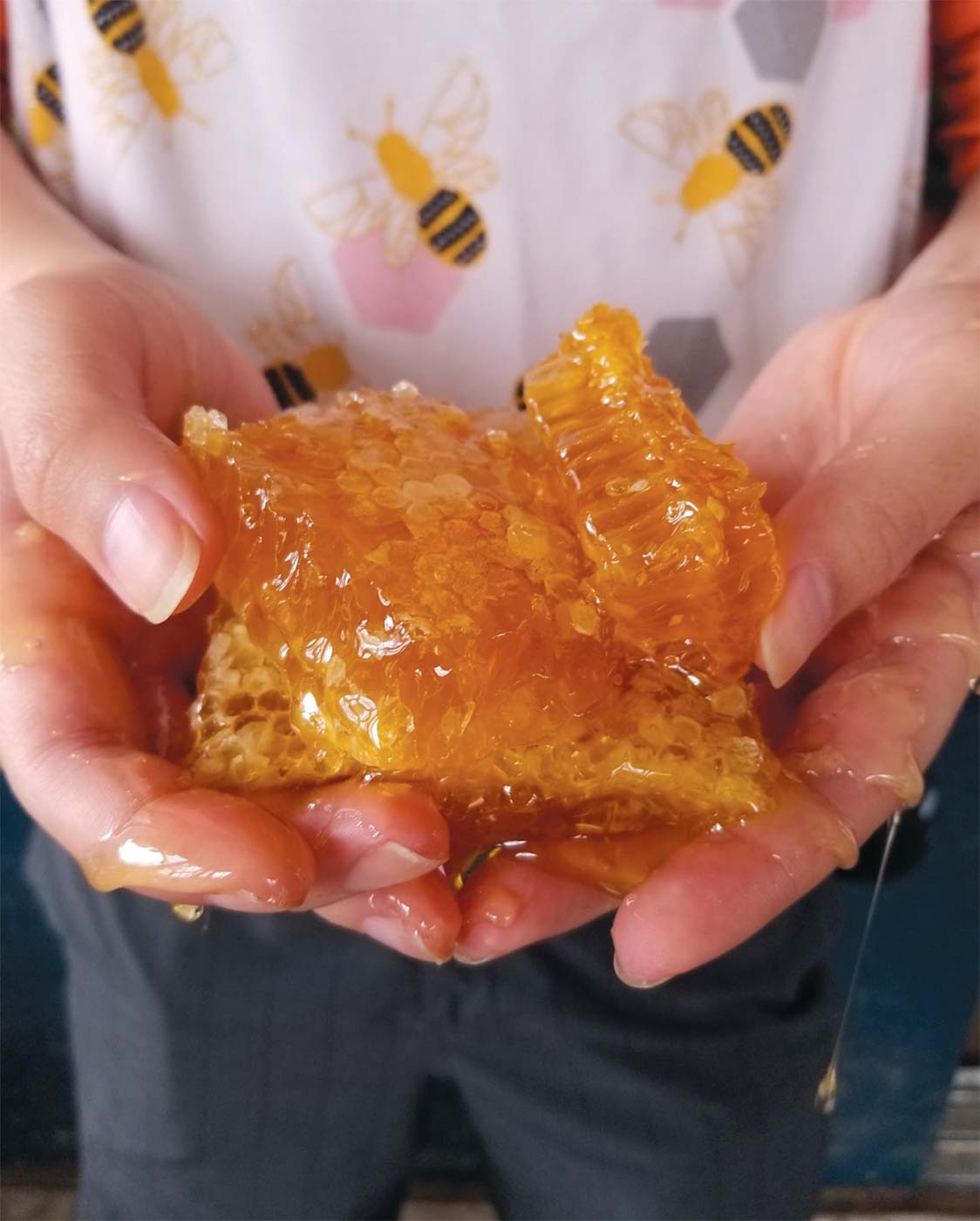
HONEY, YOU’RE THE REAL DEAL
Not all honeys are created equal. To make sure you’re purchasing 100% real honey, follow these tips:
Buy Local: Purchase honey from a local beekeeper or farmers’ market vendor. Talk to them and you’ll learn a lot about the honey and where the bees foraged. (This honey likely will be more flavorful, too.)
Just One: Honey should be the only ingredient. Stay away from any honey that contains high-fructose corn syrup, maltose syrup, glucose or fructose.
Good Words: “Raw” and “unfiltered.” This honey will have more health benefits than processed honey.
Organic Truth: If honey is labeled “certified organic,” it was imported and certified by the country of origin. (The USDA cannot certify honey as organic.)
Not Ultra: Stay away from honey that’s “ultra-filtrated.” In this process, honey is heated and forced through tiny filters to catch the pollen.
Certified: True Source Honey is a nonprofit organization that grants honey the “True Source Certified” label. This means the honey can be traced from hive to home and has been tested for authenticity and third-party audited.
ABOUT THE CONTRIBUTOR
Marguerite Nesteruk is the owner of Resonating Earth and an herbalist, Reiki master, earthenergy healer, tea blender aficionado and friend to bees. She also leads a variety of herbal tea ceremonies and tea experiences for corporate, public and private groups. Learn more at ResonatingEarth.org or @ResonatingEarth.
